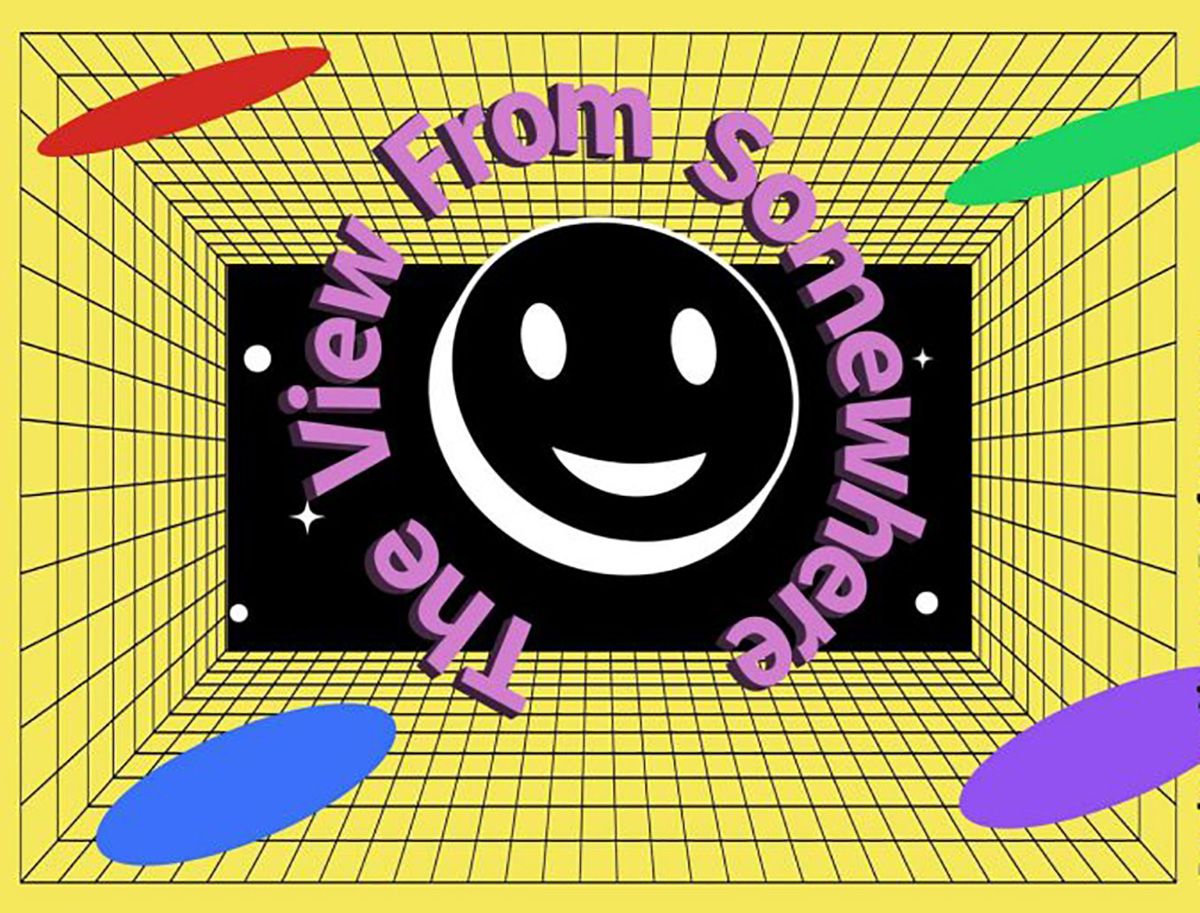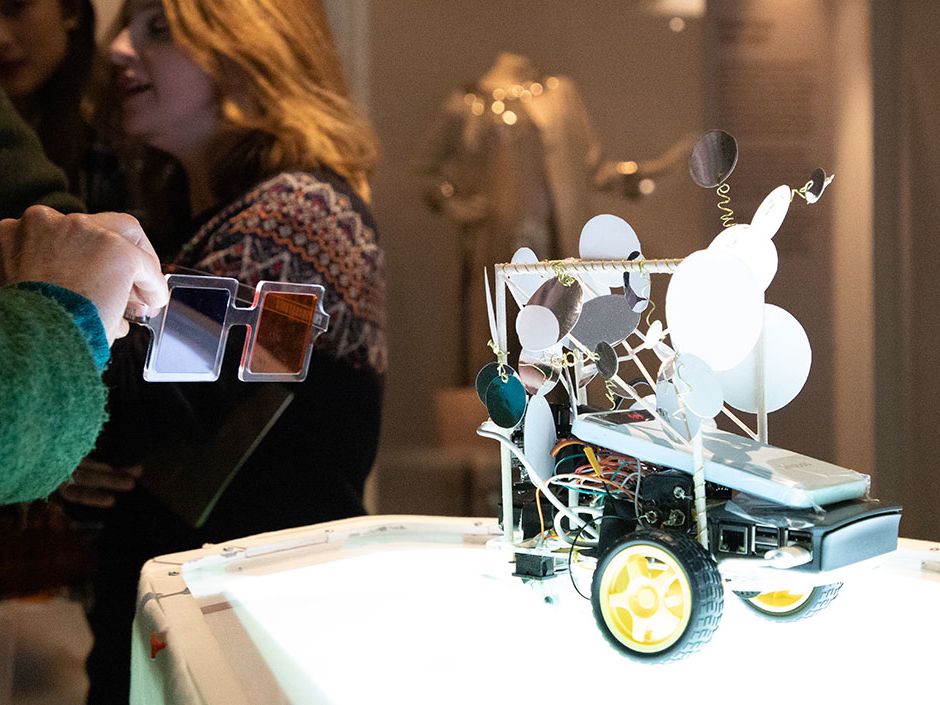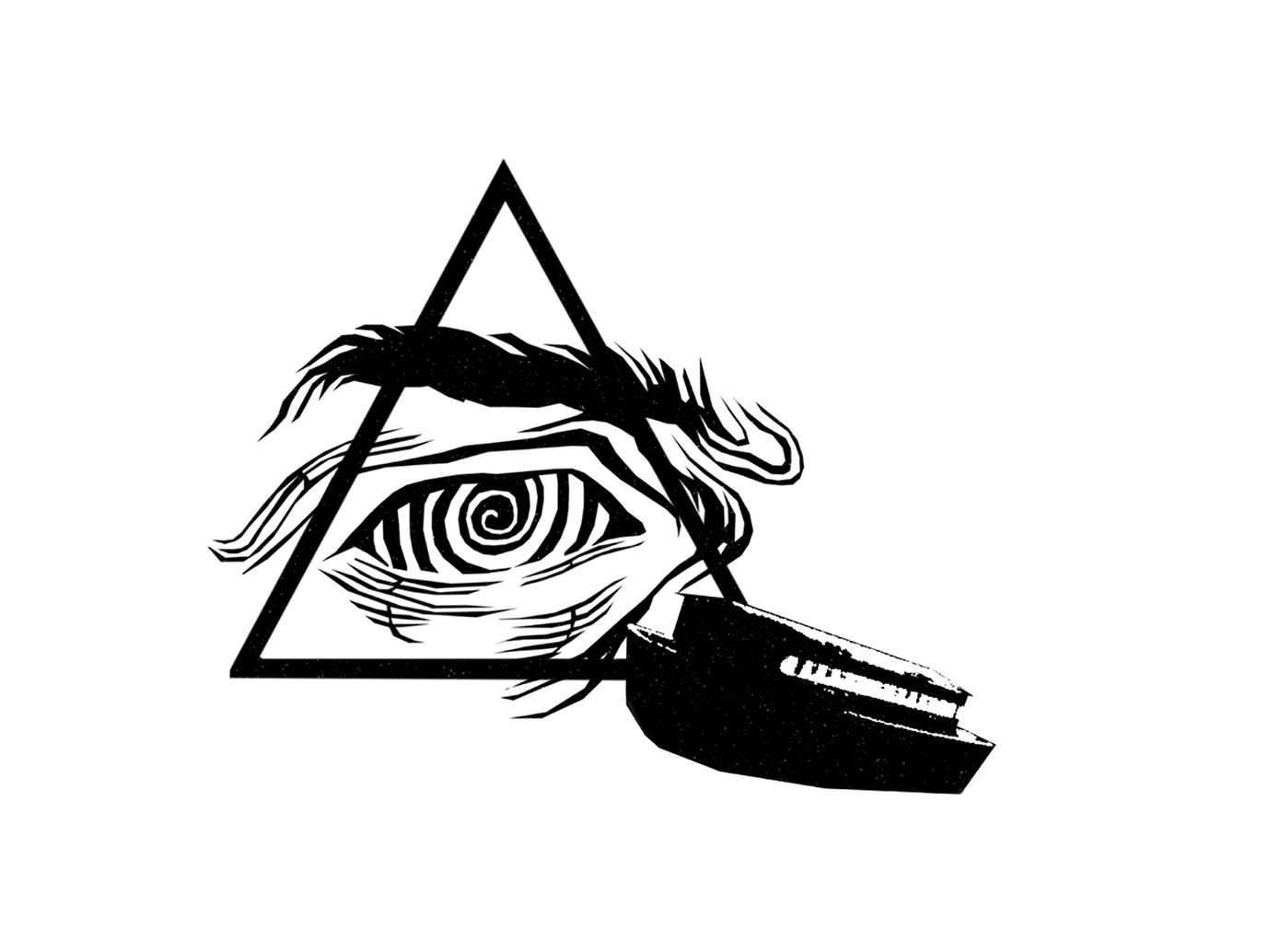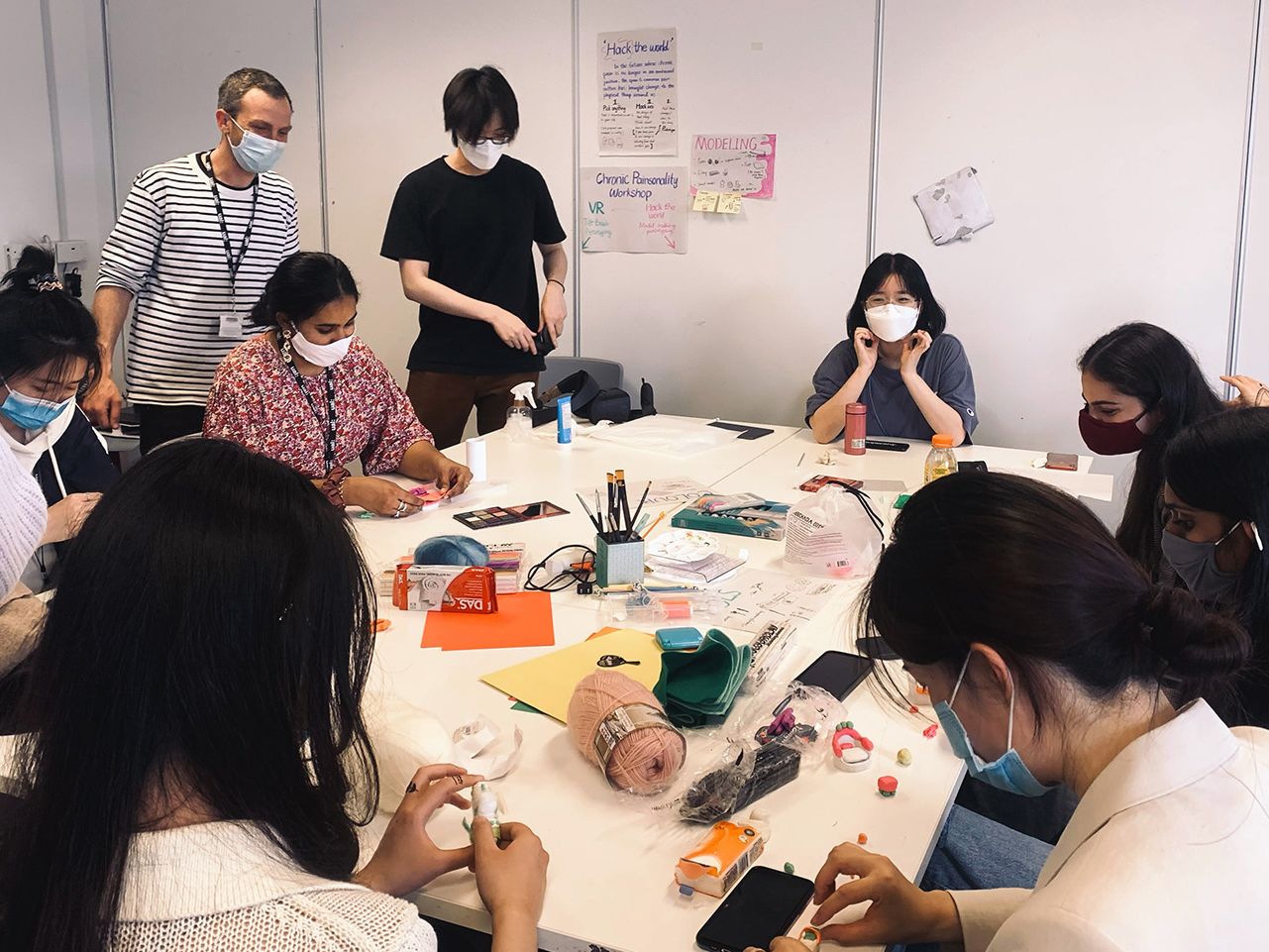
MA Interaction Design students collaborate with Ars Electronica

- Written byChloe Murphy
- Published date 13 October 2021

The field of interaction design uses critical and experimental practice to explore the power of interactivity. With a particular focus on user needs, challenges and contexts, it encourages designers to shape their work in ways that make tangible, real-world impact, and to consider the potential of emerging technologies.
This intersection of art, technology and society can be found at the core of Ars Electronica - a cultural, educational and scientific institute based in Linz, Austria. Founded in 1979, its annual Festival is designed to bring together creative practitioners, researchers and thinkers from across the world to share their work, spark conversations and consider speculative futures.
With a programme featuring a range of exhibitions, concerts, talks, conferences and workshops, the 2021 edition of the Festival was held in hybrid form both online and across 87 Ars Electronica Gardens around the globe. Themed around ‘A New Digital Deal’, participants were asked to consider the shift from digital as a ‘tool technology’ into a central and transformative ‘cultural technology’ that defines modern reality.
Students from MA Interaction Design at London College of Communication (LCC) were invited to join this year’s conversation by sharing work and research conducted throughout the pandemic. This included The View From Somewhere, which used a hybrid form of digital performance and filmmaker to transform a computer desktop into a digital stage.
Evolving from an early short practice brief issued during Lockdown in January 2021, students used a mix of on-screen text files, images, webcams, laptop microphones and found footage to develop their own stories of discovery, loss hope and mystery. By celebrating the platform of a 'desktop cinema' which was, for many, their only window to the world during a period of extreme isolation, the project produced a series of moving and personal works encapsulating the ‘deep and intimate aspects of humanity’ that can be found within virtual spaces.
One student was also given the chance to experience Ars Electronica physically by taking part in its annual Festival University summer school. Qingyi Ren joined a number of fellow emerging creatives to explore and define new ways of digital transformation in a joint initiative with Johannes Kepler University Linz (JKU). Together, they considered questions such as: ‘What does it take to initiate actual change?’ and ‘What transformation can students spark for a better tomorrow?’
We caught up with Qingyi to discuss their interest in interaction design, their experience of taking part in Ars Electronica Festival 2021, and highlights from their time at LCC so far.
Ars Electronica Festival 2021 | Trailer
Tell us about your creative practice.
My recent work is about gender studies and AI.
A few months ago, for example, I took part in an exhibition for the Queer Chinese Art Festival in east London where I showed work from last semester - performances to challenge the gender binary in artificial intelligence.
Have you always been interested in interaction design, or is this an area you've moved towards over time?
For me, interaction design is a broad concept, and I think of it as a bridge that can be used to fill gaps.
I always feel helpless about some biases that exist in real life; however, through interaction design, I’ve found that I can make some effort to reduce these biases by expanding on technology, providing more diversified imagination for the future.
In short, I would say that interaction design has given me lots of windows which allow me to see greater possibilities.
How did you first find out about the opportunity to work with Ars Electronica?
MA Interaction Design has always had a good relationship with the Festival, and our course leader, Wesley Goatley, shared relevant information in our class channel. Fortunately, I was the first person to respond to the summer school call-out - Wesley thought the program would be useful for my research, so I was selected to take part.
I wanted to get involved for a number of reasons. Firstly, it was very attractive to be able to attend a big offline art festival considering the pandemic situation. Secondly, I really like what Ars Electronica is doing, especially in terms of their FutureLab, where we can find the balance between art and technology.

What kinds of activities did you take part in?
I actually participated in 2 parts of the Festival this year. The first was as an artist in The View From Somewhere, an online exhibition with 10 other students in my class led by our tutor Maria Dada.
The other was Ars Electronica’s new project, Festival University, which invited 100 students from more than 40 countries around the globe to participate in a summer school with the theme: ‘transform your world’.
What did you enjoy most about the summer school?
Every day, I was able to see different artwork and communicate with artists and scientists from all over the world – and, even better, I had the opportunity to enjoy all kinds of music every night!
I also tried to share my research with everyone, and was able to get a lot of feedback and admiration which was of great significance to me.
What have been the highlights of your time at LCC so far?
There have been many meaningful parts of my life at the College, but what touches me the most is that I can explore my practice and identity in a friendly and open environment. I can be whatever I want to be.
Our tutors are committed to creating a safe space for us, which means a lot to me - not just in the field of research, but in my entire life.
What are your tips for prospective students who may be interested in studying interaction design?
I’d say that you should be open-minded, and also embrace differences and challenges.
Related links:
- Find out more about The View From Somewhere and Ars Electronica Festival 2021.
- Explore MA Interaction Design at London College of Communication.
- Learn more about our Design School.



